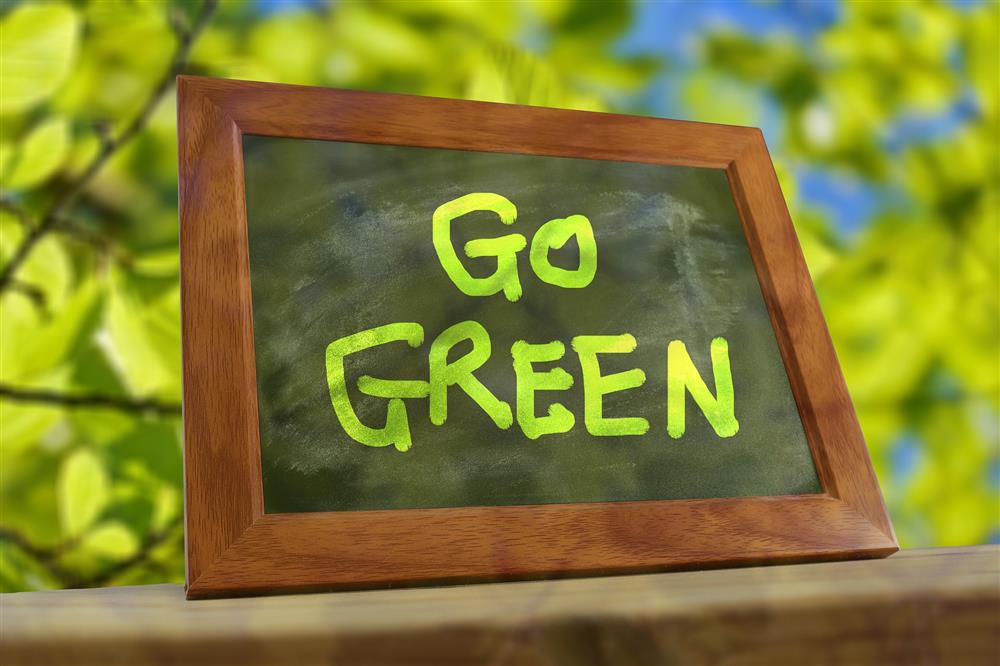How to avoid greenwashing?
Number one is to ask questions
Companies should be able to tell you more about the following:
Claims
If you see something on the label, ask what those claims mean.
If this information seems intentionally vague or broad, there's a chance that this company was using greenwashing techniques. Check for……
Certification
A company can put "natural and organic" on their labels, but if it doesn't have a certification label, it is most likely NOT organic.
Be aware there are hundreds of different certifications. Your supplier should be able to at a minimum provide you a link to relevant certifications which should outline who they are and what the standard means.
Read carefully as there are often standards within standards. For example, one of the most common certifications in the textiles industry you will see is the OEKO-TEX standard.
However, the standards are based around free from harmful substances not necessarily eco-friendly or sustainable. They have additional standards that cover free from harmful substances which are also sustainably and ethically produced.
Beware of the common greenwashing words
These may include: eco-friendly, green, all-natural, earth-friendly, non-toxic, plant-based, plant-derived, pure, raw, healthy, organic (without certification). These words mean NOTHING without certification. Natural does not mean environmentally friendly, so be sceptical of these claims. Vegan is another one to look for. We are seeing many more products certified vegan which doesn’t automatically mean it is also sustainable. If it is there will be a separate certificate
Look for irrelevant claims
These are claims that are “technically true” but not relevant. One example is a “CFC-Free”- CFCs are banned by law, so this is not truly an indication of sustainability or environmental friendliness.
Companies playing on the “lesser of two evils” concept
A company might be claiming to be “greener” than a competitor, but be sure you need the product at all before progressing (e.g., plastic bags and most single-use items)
Look for minimal/recyclable/reused packaging
In many cases, companies using greenwashing tactics will still have their products in an unnecessary amount of packaging. That seems contradictory to claiming they’re sustainable, right?
As with most industries good practice comes with time and investment. The cost of ethical/sustainable product has reduced significantly over the last few years and is increasingly competitive. However, if you are getting a significantly cheaper costs from different suppliers then please question it. It may be due to the methods/machinery used but could it well be that you are not buying the product you think you are or be the product of low wages and slavery issues. Another important area we will blog at a later date.
To summarise
- Companies must be careful how they are communicating to make sure not misleading.
- They must state fact, not soft claims.
- Certification – Check and check again. Who issues it, and what does it really say?










